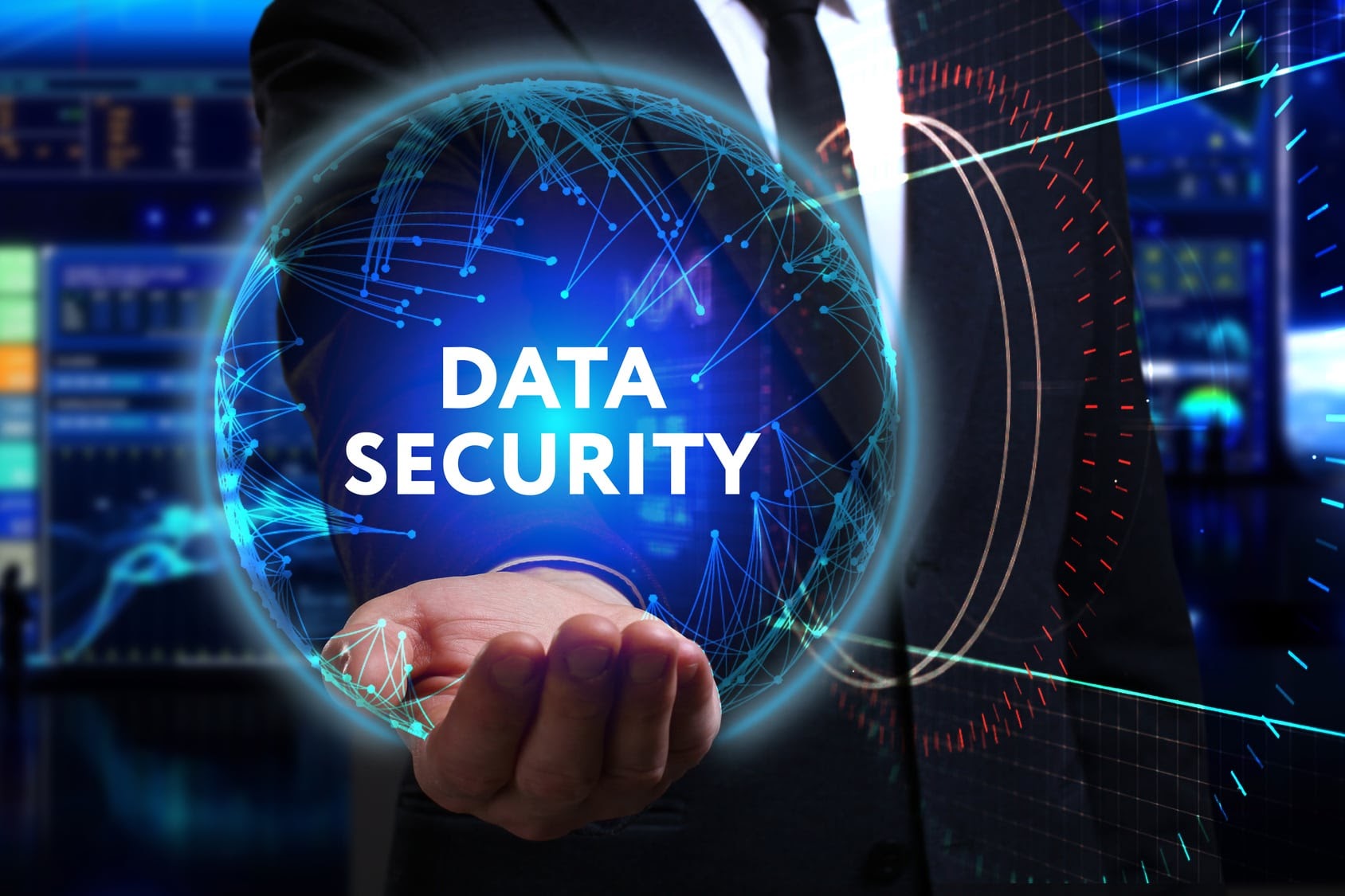Data is one of the most valuable assets in the modern world. It informs business decisions, helps diagnose illnesses, and aids in determining court cases. It’s also a desirable target for cybercriminals. As a result, digital archiving has fast emerged as a secure, efficient method of preserving data so organizations can harness its power in the years to come.
However, digital archiving brings with it significant copyright and data security concerns. Organizations typically host their digital archives on the cloud, and the high volume of information passed between organizations and cloud service providers dramatically increases the risk of data theft or leaks compared to on-premises or physical archives. Moreover, digital archiving stands on shaky legal ground as lawmakers struggle to balance adequate copyright protections and the public’s right to access important information.
In this article, we will discuss digital archives’ data security and copyright implications.
Copyright and Digital Archives
First, let’s establish just what “copyright” is. The US Copyright Office defines copyright as “a type of intellectual property that protects original works of authorship as soon as an author fixes the work in a tangible form of expression.” Essentially, copyright law prevents unrelated third parties from profiting off someone else’s work, bolstering creator rights while establishing a framework for the lawful dissemination of content.
Organizations setting up a digital archive will likely want to include some copyrighted materials. To ensure that they don’t fall afoul of copyright laws, they should keep the following considerations in mind:
- Ownership and Licensing – Digital archives must ensure they have appropriate rights and permissions to include copyrighted works in their collections; this may involve obtaining licenses or permissions from rights holders or working with organizations that hold collective licensing agreements.
- Copyright Protection – Digital archives must respect the copyright protections associated with the materials they digitize and make available. They should employ technical measures to prevent unauthorized copying or distribution of copyrighted works.
- Fair Use/Fair Dealing – Copyright law includes exceptions, such as fair use in the United States and fair dealing in some other countries. These provisions allow limited use of copyrighted materials without permission for criticism, education, research, or news reporting. Digital archives may rely on these exceptions when providing access to copyrighted works.
- Orphan Works – Orphan works are copyrighted materials for which the rights holders are unknown or unlocatable. Organizations compiling a digital archive may need help determining the copyright status of such works and making them available to the public while respecting copyright law.
It’s also advisable that organizations collaborate with copyright experts throughout their digital archiving journey to ensure compliance.
Data Security and Digital Archives
Digital archives are a literal trove of valuable information and, as such, are an attractive target for cybercriminals. Failing to protect digital archives from cybercriminals could have serious financial, reputational, and legal consequences, mainly if the stolen data includes personally identifiable information (PII) or sensitive corporate materials.
For example, the General Data Protection Regulation (GDPR) governs how EU citizens’ data may be processed or transferred. Any organization looking to set up a digital archive will likely want to include EU citizens’ data, meaning they must comply with EU regulations. Failing to protect said data from cybercriminals could result in fines of up to ten million euros or 2% of an organization’s global turnover.
- Encrypt data and establish stringent access rights – Organizations should implement robust authentication mechanisms, such as multi-factor authentication (MFA), to ensure that only legitimate users can access archived information. Similarly, organizations should establish stringent access controls to prevent unauthorized users from tampering with data. Finally, organizations should encrypt all their archived data and utilize the HTTPS protocol to encrypt data in transit.
- Implement storage redundancy and virus protection – Storage redundancy refers to storing data in two or more separate places so that organizations have a backup if the information is corrupted. Organizations should also utilize virus protection software to ensure that all archived documents don’t contain viruses.
- Establish data sovereignty and separation – Data sovereignty is the idea that all data is subject to the laws of the country in which it is located; organizations should ensure data sovereignty by keeping data and backups within the country’s borders where customer information is legally protected. Data separation ensures that customer data is kept separate from the system files of the cloud provider that provides to document archiving solution.
- Maintain document integrity – Through electronic signatures, logging changes, version and retention management, and retention policies, organizations can ensure their data has not been tampered with.
- Implement a data loss prevention (DLP) solution – DLPs detect and prevent data breaches, blocking u







